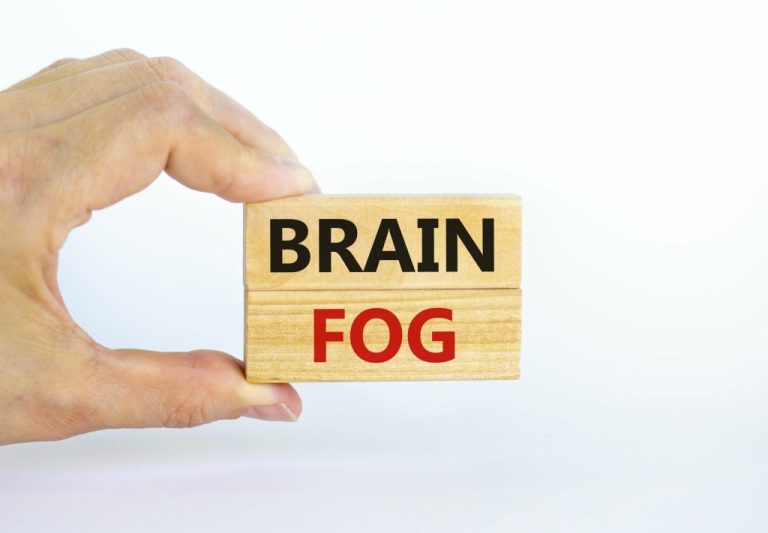Content
With thinner blood, you may also experience more nosebleeds as well as more bleeding of gums when brushing your teeth. Call anytime to speak to an admissions specialist or quickly verify your insurance benefits online now. A common question many people ask is can Xarelto and alcohol be used together? Ha, C.E., Petersen, C.E., et al. “Investigations of the effects of ethanol[…] human serum albumin.” Journal of Biomedical Science, April 2000. The relationship between alcohol and deep vein thrombosis may depend on what, and how much, you pour in your glass.
Can you live a long life on blood thinners?
How will blood thinners impact my lifestyle? While there are some risks with taking certain blood thinning medications, it's possible to live a healthy and active life. You can reduce the risks of both bleeding and clotting by doing the following: Follow your treatment plan.
Alcohol can increase the risk of bleeding when taken with blood thinners. If you drink alcohol while taking blood thinners, it is important to monitor for signs of bleeding, such as easy bruising or bleeding from cuts that take longer than usual to stop. Warfarin (Jantoven) is a commonly used blood thinner (a coumarin oral anticoagulant). It is used to prevent or treat blood clots in veins, arteries, or the heart, which can reduce the risk of stroke, heart attack, or other serious conditions. Blood thinners are medications that prevent blood clots from forming. Blood thinners can be used to treat or prevent conditions that involve the formation of blood clots, such as deep vein thrombosis (DVT) and pulmonary embolism (PE).
Ask the Expert: Common Questions About Alcohol and Blood Thinners
That’s because blood begins to clot more easily as you age, although researchers aren’t sure why, Cushman says. Deep vein thrombosis is “mostly a disease of aging,” says Mary Cushman, MD, director of the University of Vermont Medical Center’s Thrombosis and Hemostasis Program, in Burlington. Tell all your doctors about every medication and over-the-counter product that you take. Talk to your doctor about every medication and over-the-counter product that you take.

If you’re having trouble stopping drinking, this can be a sign of addiction. If your drinking is affecting your health and you continue to drink while taking medication when you should not— such as blood thinners— this is another major sign of addiction. To summarize, if you are on blood thinners, it is best to avoid consuming alcohol. Drinking can put a lot of strain on your body https://curiousmindmagazine.com/selecting-the-most-suitable-sober-house-for-addiction-recovery/ and potentially interact with the medications you take for your health condition. Yes, alcohol can act as a blood thinner to an extent, which is why it can have a negative effect when too much is consumed with blood thinner medications. However, it doesn’t thin blood enough to successfully combat blood clots the way medicine would, so it cannot be used to treat blood clots.
Common Blood Thinner Medications
The information in this booklet will help you understand why you are taking a blood thinner and how to keep yourself healthy. Please take time to read all of the information in this booklet. She devoted her life to the study of the connection between crime, mental health, and substance abuse. Apart from her work as management at addiction center, Nena regularly takes part in the educational program as a lecturer. Some medications—including many popular painkillers and cough, cold, and allergy remedies—contain more than one ingredient that can react with alcohol.
- It’s important to tell all your health care professionals that you are taking warfarin.
- If you have the following signs of bleeding, you should immediately call 911 or your health care professional.
- If you drink heavily, there can be a rebound effect in that the bleeding risk increases, even after you’ve stopped drinking.
- Exceeding the recommended guidelines above is considered heavy drinking.
- Generic drugs are supposed to have the same dosage, therapeutic effects, route of administration, side effects and strength as the original drug.
If you’ve been prescribed a blood thinner, you’re likely at risk of getting a blood clot. Follow these experts as they breakdown how to take blood thinners safely and effectively. Dr. Rubal-Peace said it’s especially important for older people to be cautious about alcohol-drug interactions. That’s because as you get older, you’re more likely to take multiple medications, increasing your odds of interactions. Also, your body metabolizes alcohol more slowly as you age, so you’re more likely to feel its effects.
Combining blood thinners and alcohol can also cause bleeding in the brain.
If you have the following signs of bleeding, you should immediately call 911 or your health care professional. The doctor needs to know about all your medicines, including medicines you used before you started taking a blood thinner. For example, some blood thinners need to be taken at the same time of day, every day.

Neither addictionresource.com nor AAC receives any commission or other fee that is dependent upon which treatment provider a visitor may ultimately choose. AddictionResource aims to present the most accurate, trustworthy, and up-to-date medical content to our readers. Our team does their best for our readers to help them stay informed about vital healthcare decisions. Ethanol immediately increases blood pressure and can cause chronic hypertension in the long run. To counter alcohol’s effects on the blood, your doctor may prescribe you blood-thickening medication.
From 24-hour care for withdrawal symptoms to individual therapy sessions with our counselors, patients receive our assistance every step of the way. When a blood clot blocks the flow of blood to your heart, a heart attack can occur. If a clot blocks blood flow into your brain, it can cause a stroke. Also, blood thinners might not be able to lessen the strong blood-clotting tendency of an underlying disease, such as cancer. Technically, yes—drinking no more than two drinks for men or a single drink are consumed in a given day can temporarily lower blood pressure. Usually, this after three or more drinks are consumed in a single sitting.
- Always consult your physician before drinking alcohol if you are currently taking blood thinners.
- If a clot blocks blood flow into your brain, it can cause a stroke.
- Either way, binging on any form of ethanol while using BTs can expose one to DVT.
- If you’re having trouble stopping drinking, this can be a sign of addiction.
Millions of people take these medications to prevent blood clots and reduce their risk of heart attack and stroke. You should limit your alcohol intake if you are taking blood thinners. One drink on occasion is not likely to cause problems, but moderate to heavy drinking with anticoagulant medications is dangerous. It increases the risk of bleeding-type strokes as well as blood loss from what would otherwise be a small injury. Check in with your healthcare provider, who can evaluate your unique situation and provide medical advice on the risk of mixing alcohol and Eliquis. Based on your medical history, risk factors, medical conditions, and medications you take, your healthcare may allow for moderate alcohol consumption or advise you to avoid alcohol altogether.
Video—Staying Active and Healthy with Blood Thinners
The prescribing information for Eliquis does not warn against alcohol use. If you know you’re vulnerable to alcohol misuse, try not to put yourself in an environment that will encourage excessive intake. When little blood vessels get injured from everyday activities, you may also notice small bruises appear on your skin. This isn’t usually a major concern unless they’re extensive or the discoloration seems extreme. Drinking too much also increases your chances of falling or having an accident, she adds. Car or plane trips can raise DVT risk, because you’re inactive for long periods of time.
- But if you take warfarin, excessive amounts of alcohol can alter how the drug is metabolized and raise your bleeding risk, cautions Cushman.
- And while these drugs save lives, they can also cause side effects, from bruising to unwanted bleeding, notes the NBCA.
- Yes, drinking alcohol can thin your blood because it prevents blood cells from sticking together and forming blood clots.